
-First of all, please tell us a brief introduction and your biography up to now.
H.H: Currently in his fourth year at Aoyama Gakuin University. It's been about three and a half years since I started singing vocals when I was in college.
-Have you ever attended a seminar?Have you been abroad?
H.H.: This study abroad was my first time abroad.
-What made you want to go to this class?
H.H.: I had always wanted to study abroad since I entered university, and I thought that if I didn't go before I graduated, I wouldn't be able to do it.
This is because I wanted to test my ability at an early stage and gain experience.
-What kind of person was sensei?
H.H.: He was a very kind person. He kindly helped me even with things unrelated to lessons.
-What did you learn in the lesson?Is there anything that left an impression on you as a result of what you learned?
H.H.: How do you put your feelings into it? That was my challenge, but I am still impressed by how he taught me the specific process to follow.
-In what language did you take the lesson?
H.H.: English. When I didn't understand something, I relied on an interpreter, but basically I communicated directly with sensei in English.
-Where did you practice?How long have you been able to practice?
H.H.: I was told that I could practice at my accommodation, but I personally found it difficult to practice and I don't think I was able to practice enough. I also kept my voice a little quieter.
-What did you do outside of the lessons?
H.H.: Basically, I was going to language school and always going out with other people.
-How was the city? (Security, people's appearance, appearance, etc.)
H.H.: It was my first time abroad, so I was a little nervous before I went, but once I got there, I realized that my imagination was too big. I lost my wallet, but when I got it back, I realized that it wasn't as safe as I thought.
-Where did you stay?how was it?
H.H.: I stayed at a host family's house. Basically, I didn't have any particular problems, but when I asked them to do the laundry for me, they found it dirty and some of the clothes weren't returned.
-How did your accommodation and training venue move?

H.H: Basically, it's a railway. The nearest station was about 10 minutes from both my house and school, so it was less than an hour's journey.
-What did you have for dinner? How much does it cost to eat out for one meal?
H.H.: Breakfast and dinner were prepared by my host family. Basically, I would have a little bread in the morning, and sometimes I would eat out at night, but it would be ready for me when I got home. I didn't go to many restaurants, so I think the average cost was around $15-20.
-How was the language school?
→There were several students from Japan, and the students and sensei were friendly and easy to talk to, and the class atmosphere was good, and I made more friends than I expected.Up until now, I had no experience of actually using English, so when I actually used it, I discovered that I was surprisingly able to communicate and listen, which gave me confidence and improved my mental growth. felt.
-Did you have any tips for getting along with people from overseas?
H.H.: The feeling of trying to convey something. If you can muster up the first step and go talk, I think things will go smoothly from then on.
-Did you have any moments when you were happy to attend the seminar?
H.H.: Musically, when I practiced after returning to Japan, I felt like I had grown. In terms of language, my English skills improved, but I think the biggest thing was that I was able to make connections with friends from all over the world that I would never have been able to do if I had stayed in Japan.
-Do you feel like you have grown in any way after studying abroad?
H.H: I've become more confident.
-Please tell us the major differences between Japan and your study abroad destination.
H.H.: It's the climate. Japan is humid and hot, but Boston is crisp and even in the summer it can get up to 30 degrees Celsius. It was easy to go there from Japan. Also, many of the employees at local stores spoke to me in a casual manner, which I felt was different from Japan.
-Is there anything you would like to give advice to those who will study abroad in the future?
H.H.: I think you have to be prepared when you go to a place where people speak a language that is not your native language, but the only way to relieve your stress is to study, so I think it is important to develop your language skills to the maximum beforehand. Masu.
-What are your future activities?Please let me know if you have a career path.
H.H.: I plan on auditioning for entertainment-related jobs until I graduate. After that, after experiencing this study abroad experience, I felt a strong desire to go abroad again, so I would like to go abroad again if possible.
-Thank you for your cooperation.



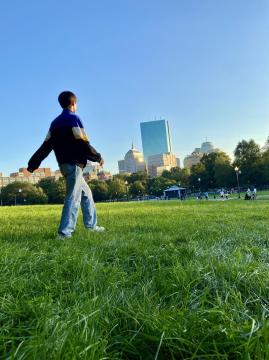
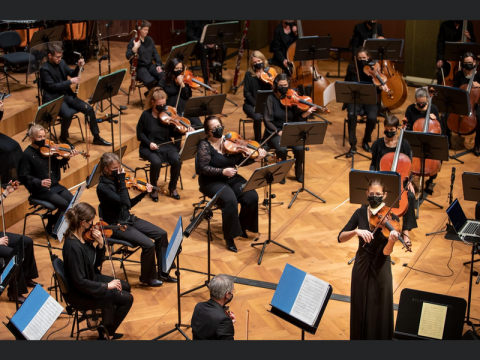
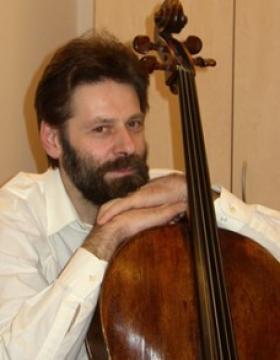
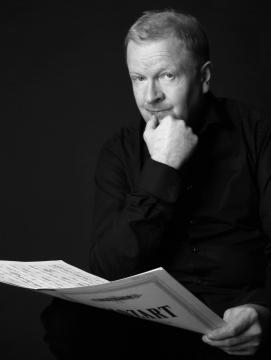
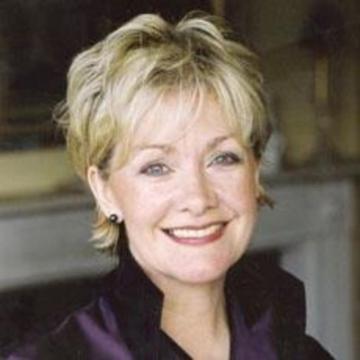
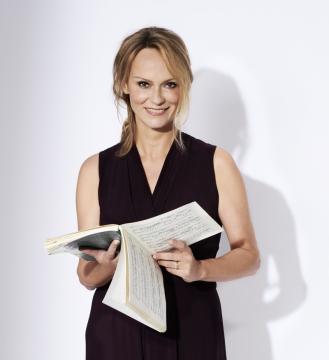


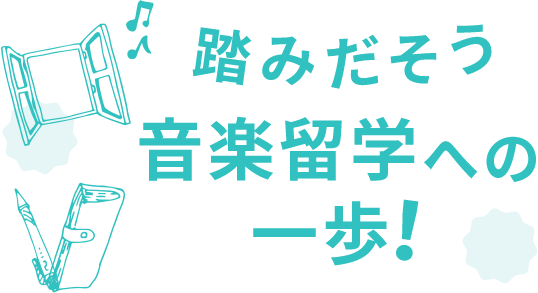
 Book a Counseling
Book a Counseling